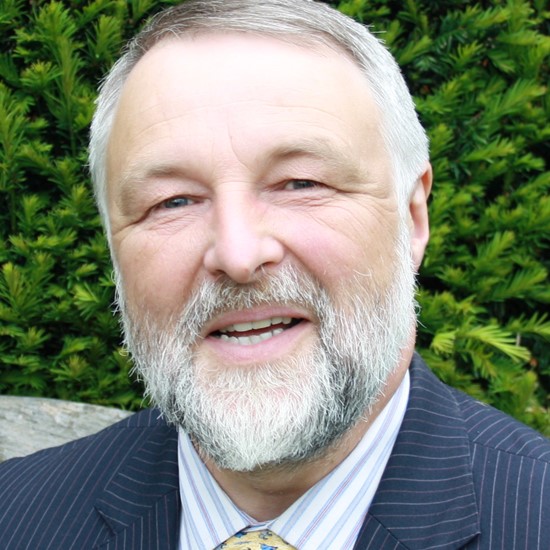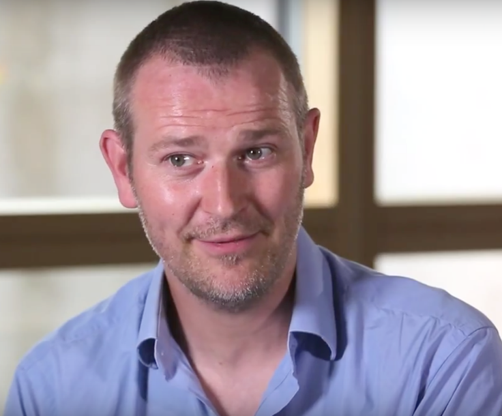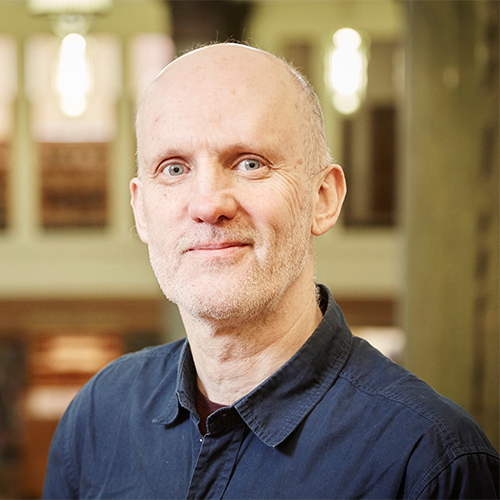National Caldicott Guardian Update
 Christopher Fincken
Christopher Fincken
Former Chair
UK Caldicott Guardian Council
• Caldicott Guardian National Update
• understanding ethical decision making within the context of the Caldicott Guardian role
• Caldicott, Ethics and Covid-19
Christopher opened his talk by saying “What is legal is not necessarily the same thing as what is right”
He went on to explain “The Law evolves over time, Ethical thinking also evolves over time”
On explaining the role of the Caldicott Guardian, Christopher said “The Caldicott Guardian is clear – we have to be the conscience of the organisation”, “You are the gatekeeper for the patients”
Christopher also said “When applying Caldicott principles in real life - you have to be courageous”
Christopher concluded by discussing GDPR, explaining principle 1 which is “Data shall be processed lawfully, fairly and in a transparent manner in relation to individuals”
Ethical Decision Making: Principles and Practice
 Dr Giles Birchley
Dr Giles Birchley
Former Trustee for UK Clinical Ethics Network and Research Fellow
University of Bristol
• developing your ethical expertise as a Caldicott Guardian
• ethical principles and frameworks to support moral decision making
• making difficult decisions: understanding conflicting ethical principles
• integrating clinical ethics into clinical decision making
• advice for Caldicott Guardians
Giles started his talk by looking at what is ethics along with the up and downsides of ethics.
Giles then gave a description of bioethics, which is the application of moral philosophy to the human sciences, including healthcare. This type of ethics arose from the 1970s with the opening up of society. Its focus of what individuals owe one another.
A moral decision is a decision shorn of facts, one based on a rational discourse about values however in the real world facts and values are intimately linked.
Giles then went through the moral theories and moral principles of Kant, Bentham and Aristotle.
“Ethics isn’t a science and we can’t produce outcomes that are true in every case”
Giles went on to explain the conflict between moral principles and how we have to consently reflect and revaluate.
Clinical Ethics and Covid-19
 Dr Andrew Stanners
Dr Andrew Stanners
Chair, Clinical Ethics Committee
Mid Yorkshire Hospitals NHS Trust
Trustee for UK Clinical Ethics Network
• ethical issues and information sharing during Covid-19
• communicating with families
• clinical ethics case studies during Covid-19
Andrew began his talk by discussing choice and framing decisions - thinking about the way people are asked very difficult questions.
On discussing how the pandemic has impacted Andrew said “We’ve been having unfamiliar conversations during Covid-19” “ We’ve been talking about life and death, it’s been highly pressurised and it has been intensely traumatic for all”
In conclusion Andrew discussed DNACPR - “Covid 19 has put additional pressure on our communication of DNACPR decisions” “Being mindful of framing can be compassionate in the course of difficult conversations”
